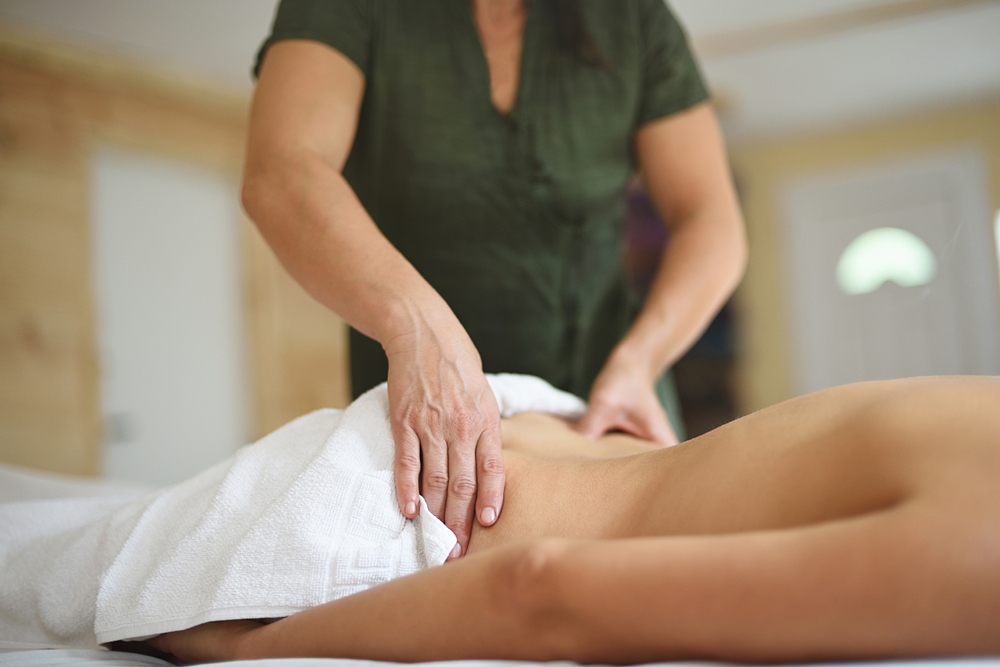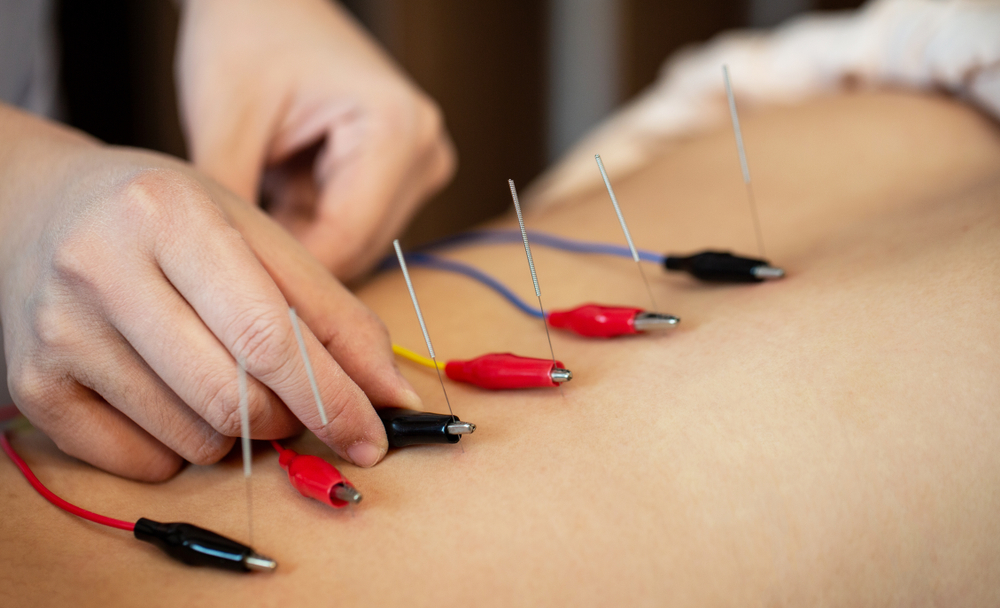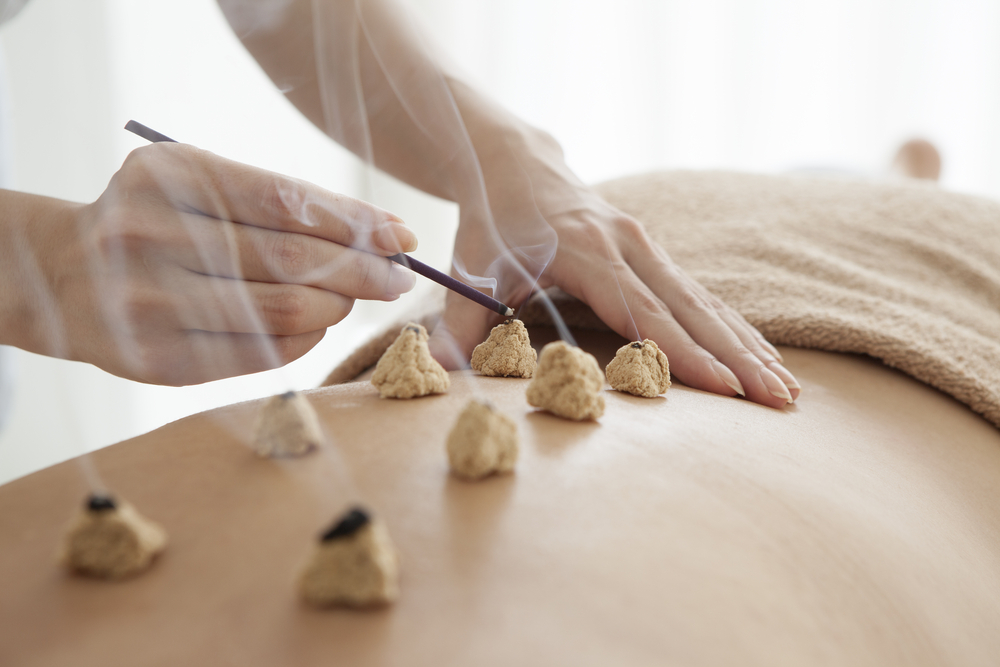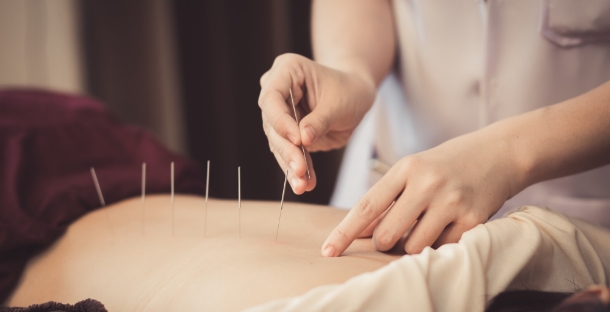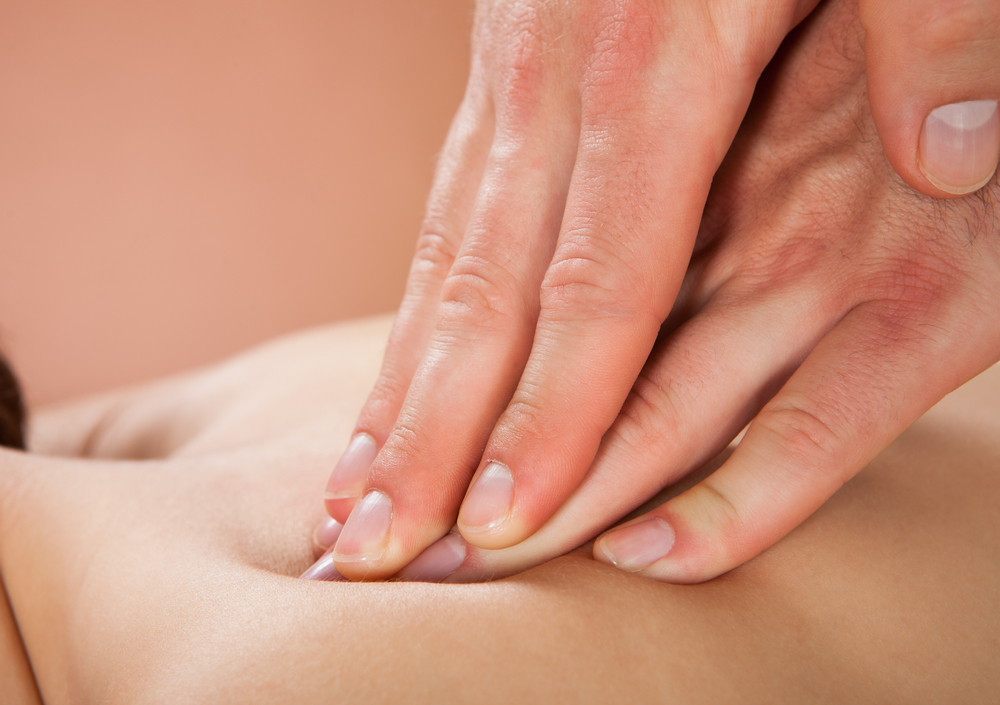
Acupressure vs. Acupuncture
For the needle-shy, acupressure provides a great alternative to get a lot of the benefits of acupuncture without needing to tackle a phobia first. If you’re curious about the benefits of Traditional Chinese Medicinal practices, acupressure can be a great starting point. Today, we’re going over what acupressure and acupuncture are, how they differ, and how you can benefit from acupressure treatment.
What is acupressure?
Acupressure is a type of massage therapy practiced in Traditional Chinese Medicine. This method involves applying manual pressure to specific points on your body called acupoints. When acupoints are stimulated this way, it improves the flow of energy throughout your body and breaks up any blockages you may be experiencing. While acupressure is frequently used as a complimentary treatment with acupuncture, it can be used on its own to treat many conditions and chronic symptoms.
What is acupuncture?
Acupuncture is a branch of Traditional Chinese Medicine (TCM) that uses very thin needles inserted into your skin to stimulate and regulate the flow of your vital energy or Qi (pronounced “chee”). Imbalance and stagnation of Qi manifest in the physical symptoms of illness and disease. These dysregulations of energy can be treated through applied stimulation of acupoints along natural pathways in your body called meridians.
How does acupressure differ from acupuncture?
Acupressure and acupuncture both operate from the same foundational principals of Traditional Chinese Medicine. The goal of both treatments is to restore and support the healthy balance and flow of vital life energy throughout your body. They achieve this by stimulating points along your body’s meridians, which are pathways that connect your bodily systems.
The difference is in how acupressure and acupuncture stimulate those points: Acupressure uses the fingertips to apply pressure, whereas acupuncture uses hair-thin needles made from surgical steel inserted into the surface of the skin. As acupressure requires no tools, it can be done at home. Although, it is best to consult with your acupuncturist about which acupoints you should be stimulating, for how long, and how regularly, before you start doing acupressure on yourself.
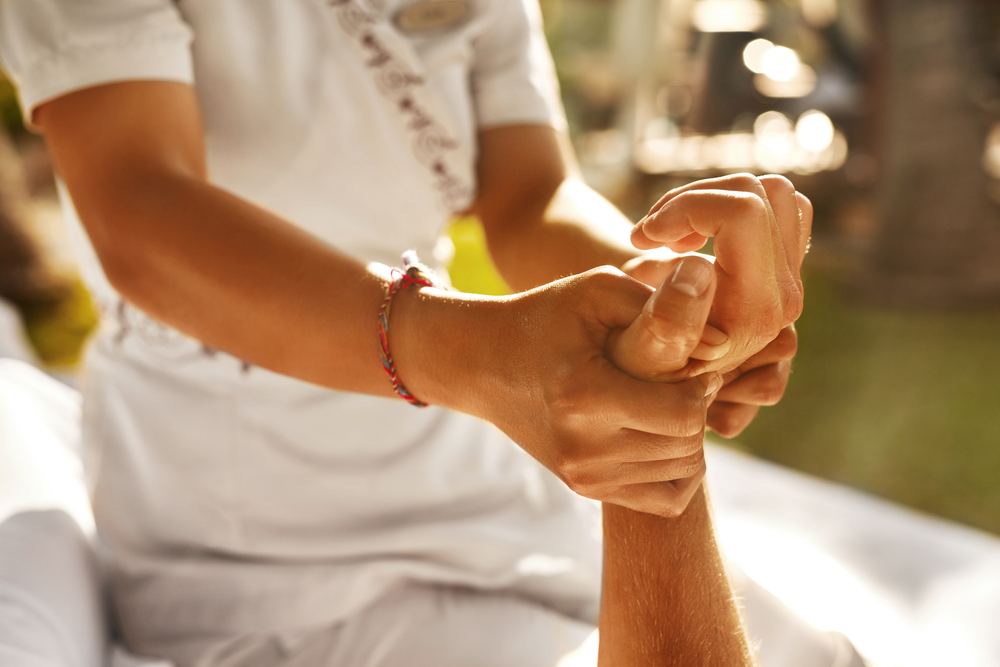
How does acupressure work?
In Traditional Chinese Medicine, it is believed that all illness and disease are caused by Qi imbalance. Acupressure is one method of restoring balance by stimulating acupoints that correspond to the area or organ troubling you. As meridians run the length of your body, it is quite common that the point being stimulated will affect a part of your body far away from it. For example, stimulating an acupoint on the foot can be used to relieve a headache.
What to expect during your appointment
Acupressure is a very relaxing treatment. You will either be seated or lying down on a massage table, depending on the area being treated. After determining the acupoints needed to address your health concerns, your acupuncturist will apply gentle but firm pressure to those points. You will feel a slow increase of pressure for the first 30 seconds, then it will hold steady for up to two minutes, after which the pressure will taper off. This process will be repeated three-to-five times for each acupoint. Acupressure should not be painful. If you experience pain, alert your acupuncturist immediately.
What can acupressure treat?
Acupressure is a versatile therapy used to treat many health conditions and chronic symptoms. Most notably, it helps with nausea, pain and headaches, sleep disorders, and mental health conditions like depression and anxiety. It should be noted that acupressure may not be suited to treating more complex health conditions like hormonal imbalance or digestive issues.
Headaches
Headaches are one of the most common physical ailments. There are several acupoints that can reduce the severity and frequency of headaches and migraines without the need for pain medication.
Motion sickness and nausea
Acupressure has long been recognized as an effective treatment to relieve and prevent nausea. Whether you’re dealing with motion sickness, morning sickness, or chemotherapy-related nausea, acupressure can provide quick and meaningful relief of nausea.
Anxiety and depression
The relaxing and stress-relieving qualities of acupressure make it an effective therapy for both anxiety and depression. The treatments help improve mood regulation and your overall feelings of wellbeing.
Sleep disorders
Getting enough high-quality sleep is essential to good health, but for many it’s a struggle just to fall or stay asleep at night. Acupressure has been proven to improve sleep quality for those who deal with sleep disorders like insomnia.
For more information and advice about whether you can benefit from acupressure, consider booking your next appointment with Maisy.
